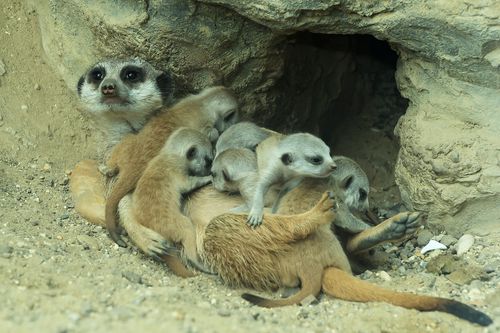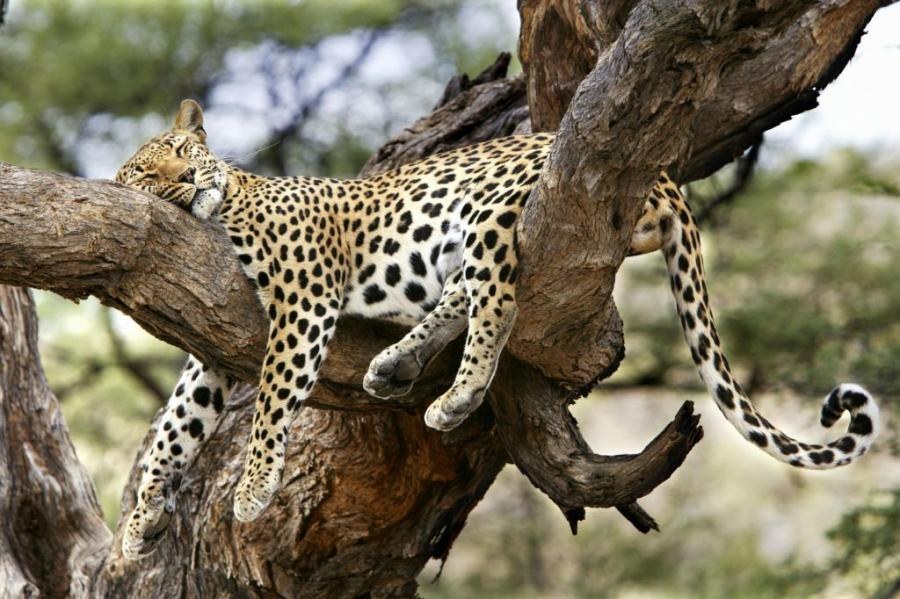Animal habits also have weird sleeping patterns like dolphins swimming, sleeping with half their brain awake or some birds resting with one eye closed, one eye open…
Scientists have studied the sleep of different animals with the aim of comparing and finding cures for sleep disorders in humans. They used high-tech cameras to find out how animals, from red pandas to meerkats and tapirs, spend a night at Bristol Zoo in the UK.
While sleeping, humans and some animals, such as octopus and squid, have shown rapid eye movements, associated with deep sleep and dreams, the team found.
In deep sleep, dogs bark and even pull their legs to run while lying down, while the platypus simulates how to kill crustaceans. A dog and a cat were captured by the camera while they were sleeping.
The team further discovered that each animal’s sleep is influenced by its ability to survive in the environment. Animals most susceptible to prey will sleep less than others at the top of the food chain.
Meerkats, for example, have a habit of lying on top of each other in their nests to sleep, with one ear always raised to listen to danger. In this one, the queen of the flock will lie down in the middle and sleep the most soundly. Civets in guard positions will sleep outside and always wake up first if there is noise.
Some birds, like flamingos, have a one-eyed, one-eyed sleep pattern that guard against nocturnal predators. Yellow squirrel rats, on the other hand, had a knack for balancing themselves on a tree branch while they slept and the slightest movement made them wake up instantly.
To stay alert, the African baboon Papio papio has a nice heel sleeping position, which makes it difficult for them to sleep soundly.
Some marine animals, such as dolphins, also have unusual sleep patterns. Dolphins will let the two brain hemispheres take turns waking up so they can still swim and breathe while they sleep.
The amount of sleep animals get depends on their metabolic rate, the researchers said. Small animals tend to need more sleep, with the exception of some of the better “hunters,” as large as lions, who sleep up to 8 hours a day.
Herbivores like giraffes and cows spend so much time eating that they don’t have much time to sleep. For example, giraffes typically only sleep 2 hours a night and can stay awake for weeks unharmed.




